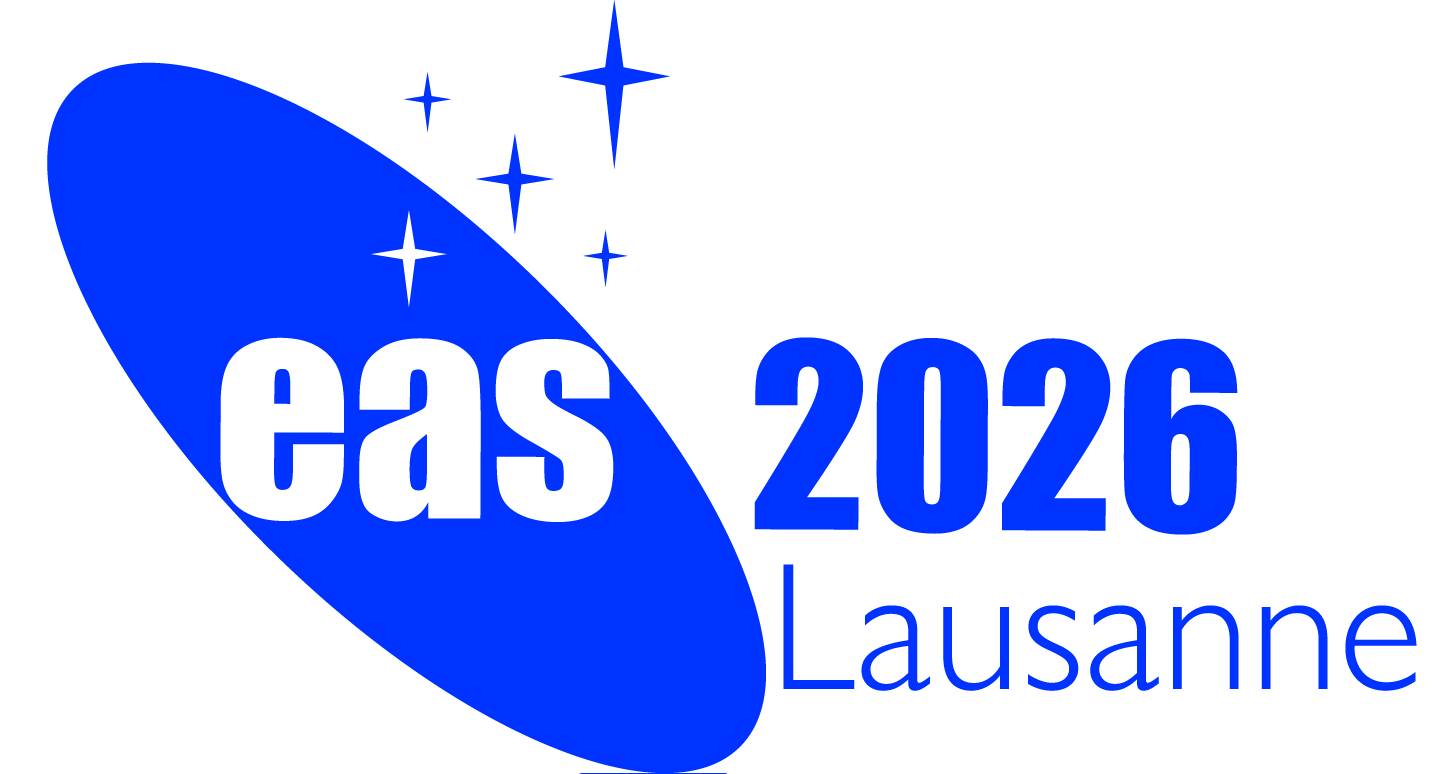
|
European Astronomical Society
|

|
|
|
|
|
|
EAS Job Directory
Find Jobs
| Support Scientist (PhD) (m/f/d) | Closing date: 2025-09-30
Contact: Dr. Alexander Kraus |
| The Max-Planck-Institut für Radioastronomie (MPIfR) in Bonn (Germany) operates world-class facilities in order to do basic research in the field of astronomy, including the 100-m Effelsberg cm-wave telescope or the APEX mm/sub-mm-wave telescope in the Atacama desert in Chile. In the framework of the EU-funded ACME project (Astrophysics Centre for Multi-messenger studies in Europe) we are looking for a post-doctoral researcher as a Support Scientist (m/w/d) to be located at the 100-m telescope at Effelsberg. | | ▸ more | The successful candidate will work in a user support team in close collaboration with colleagues on site and scientists at the MPIfR in Bonn, e.g. from the APEX team. With a focus on instrumentation relevant for spectroscopy, the candidate?s use of the telescope for her/his own research is strongly encouraged and expected.
The position will be available for two years with a potential extension.
Your tasks:
- Support of observers at the 100-m telescope in all phases of an observing project, especially within the ACME program.
- Updates and optimization of data processing pipelines with a focus on spectroscopic data analysis.
- Maintenance of the documentation of all steps relevant for observations.
- Assistance in maintaining the data archive of the 100-m telescope and the APEX telescope, with the prospect of facilitating and harmonizing the access of both archives (e.g. by development of a common web-based frontend).
The relative proportion of time spent on these various activities will be time variable but we expect that 1/3 of the time willbe used for the candidate?s own research.
We expect:
Equipped with a PhD in (radio) astronomy or astrophysics and the ability to work successfully in a highly motivated team of scientists and engineers, the successful candidate will be able to demonstrate comprehensive knowledge and experience in most of the following areas:
- Extensive practical experience with observations using radio telescopes as well as knowledge of radio astronomical measurement technology (especially calibration and processing of spectroscopy or continuum data) are a great advantage.
- Knowledge about radio-astronomical instrumentation.
- Good programming skills in Python, as well as in object-oriented software design.
- Experience with SQL databases and the version control software git is desirable.
- Experience with software packages for data analysis (e.g., CLASS, GILDAS, CASA).
- Good scientific track record.
- Project-oriented work experience.
We point out that the position is located in Effelsberg, which is not easily reachable by public transport. Hence, the capability of driving to the observatory is desirable.
What we offer:
- An international as well as innovative working environment in a first-class research environment.
- Compelling tasks in an exciting, scientific context in which you quickly take over responsibilities and actively shape theprocesses.
- A modern, well-equipped workplace, flexible working hours and individual training measures.
- Payment according to the German wage agreement for the public service (TVöD-Bund) with all social benefits and anattractive pension scheme (VBL)
The Max Planck Society is committed to increasing the number of individuals with disabilities in its workforce and therefore encourages applications from such qualified individuals. Furthermore, the Max Planck Society seeks to increase the number of women in areas where they are underrepresented and explicitly encourages women to apply.
Please submit your application by September 30, 2025 at
https://jobs.b-ite.com/en/jobposting/0b70dc6e57c199963557af477818a1e3fe2c8b8b0/apply
The ACME project has received funding from the European Union?s Horizon Europe Researchand Innovation programme under Grant Agreement No 101131928.
|
More resources
Links to other job lists
|

